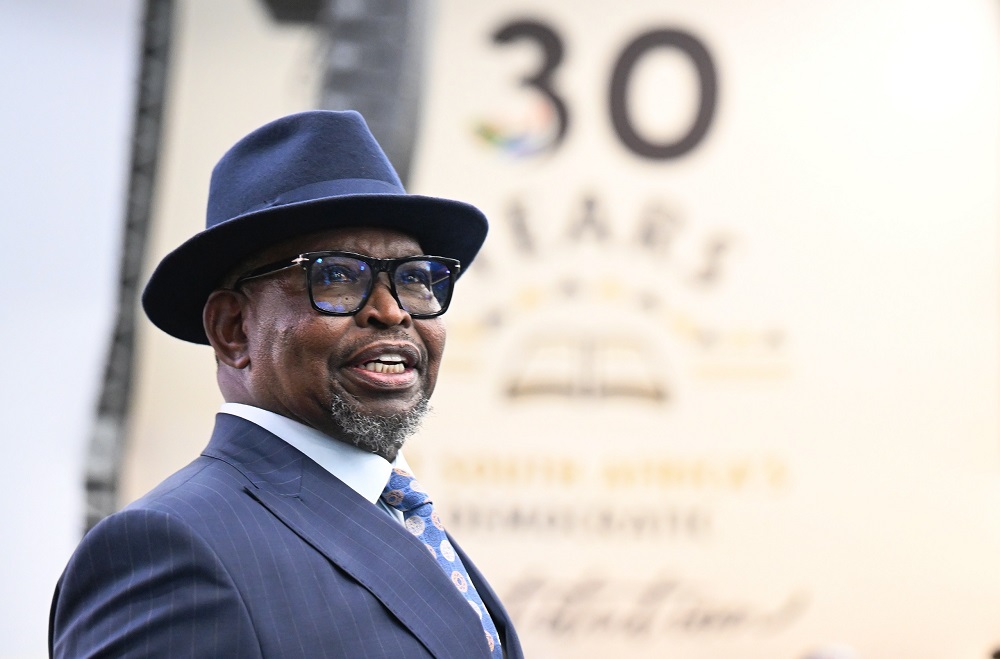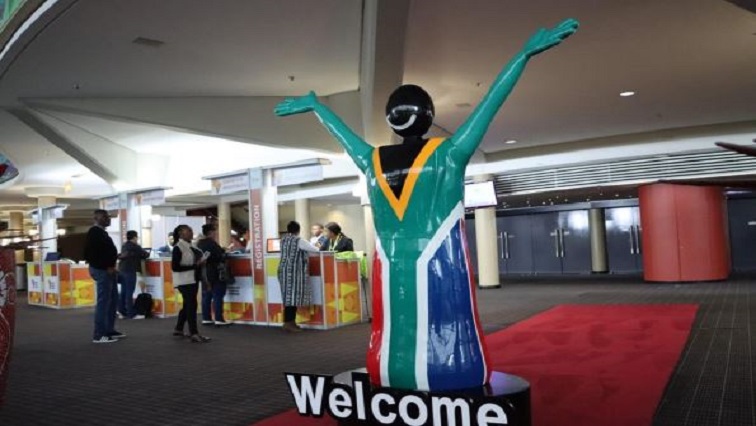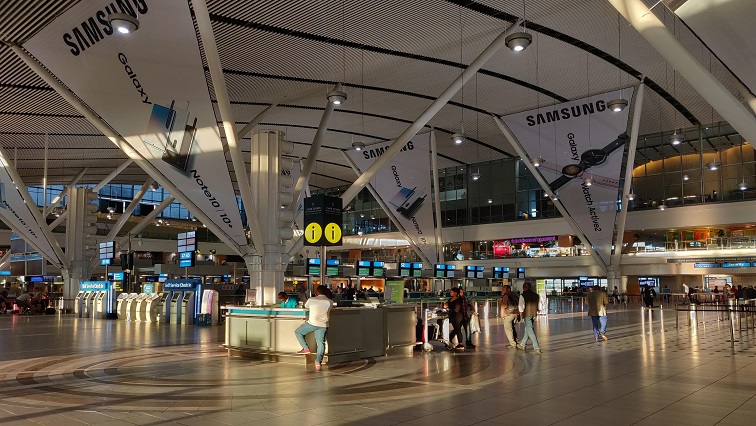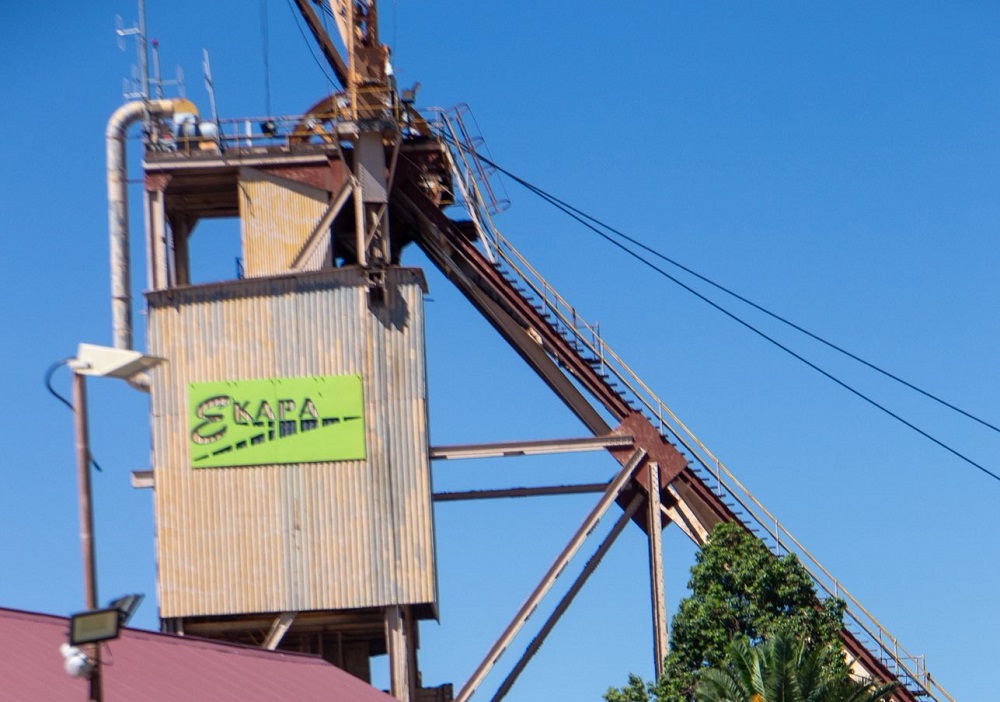-
FILE: President Ramaphosa officiates first meeting of G20 Foreign Ministers under South African Presidency
The Global Inequality Report, authored by the G20 panel of experts on inequality and published in early November to coincide with the G20 Summit being hosted in Johannesburg, shows that while total global wealth doubled since 2000 to a staggering US$480 trillion in 2024, much of this wealth is concentrated in private hands while some governments struggle with a growing debt burden.
Private wealth far exceeds public wealth
Professor Imraan Valodia, climate, sustainability and inequality expert from Wits University, and expert panel member, told SABC News that the gap between private wealth and public wealth is not a law of nature, but the result of a political choice.
He stressed that “elites are able to capture a large part of the income and the wealth at the national level”, but that “governments do have a choice in this… the international community does have a choice about it.”
INFOGRAPHIC:

Rewarding wealth, not work
The report also showed that the share of income going towards capital (owners) has increased globally at the expense of the share of income earned by workers. The report shows that 85 percent of the world’s population draw no income from capital at all as they own no significant financial or productive assets, which means all their earnings come from their own labour, with 15 percent of the population virtually owning everything.
“We should really think about issues of inequality in terms of power,” said Valodia. “Those who have a lot more power are able to capture a lot more of the income and the wealth and those with less power, their share starts to drop.”
INFOGRAPHIC:











